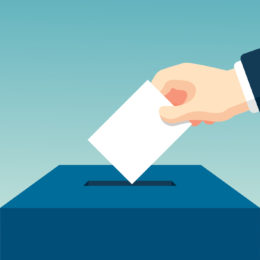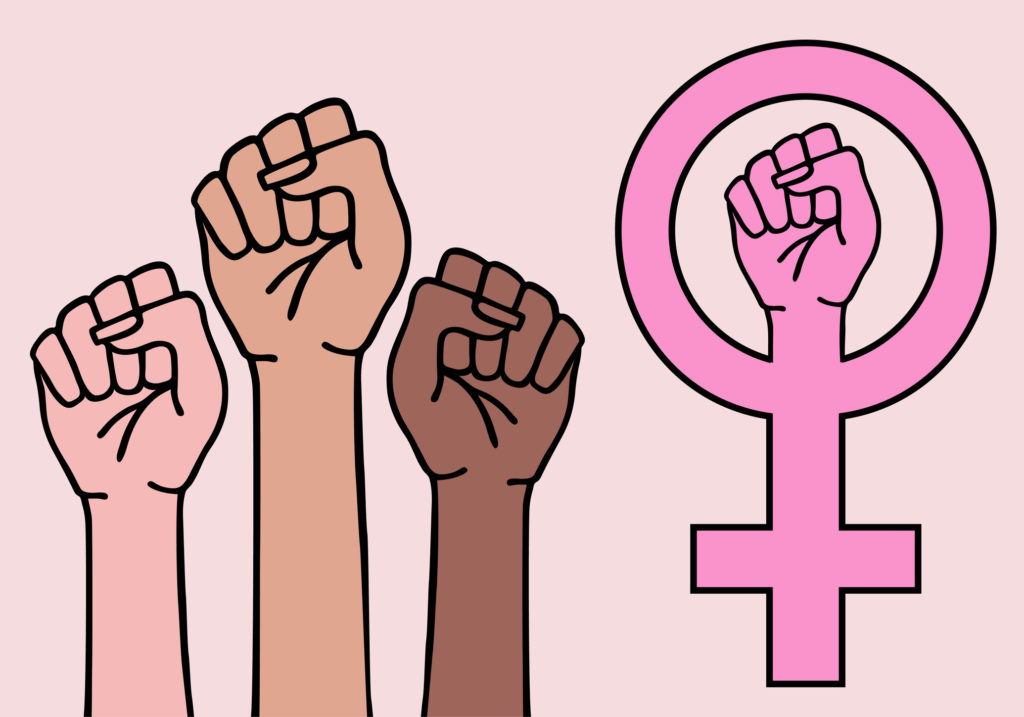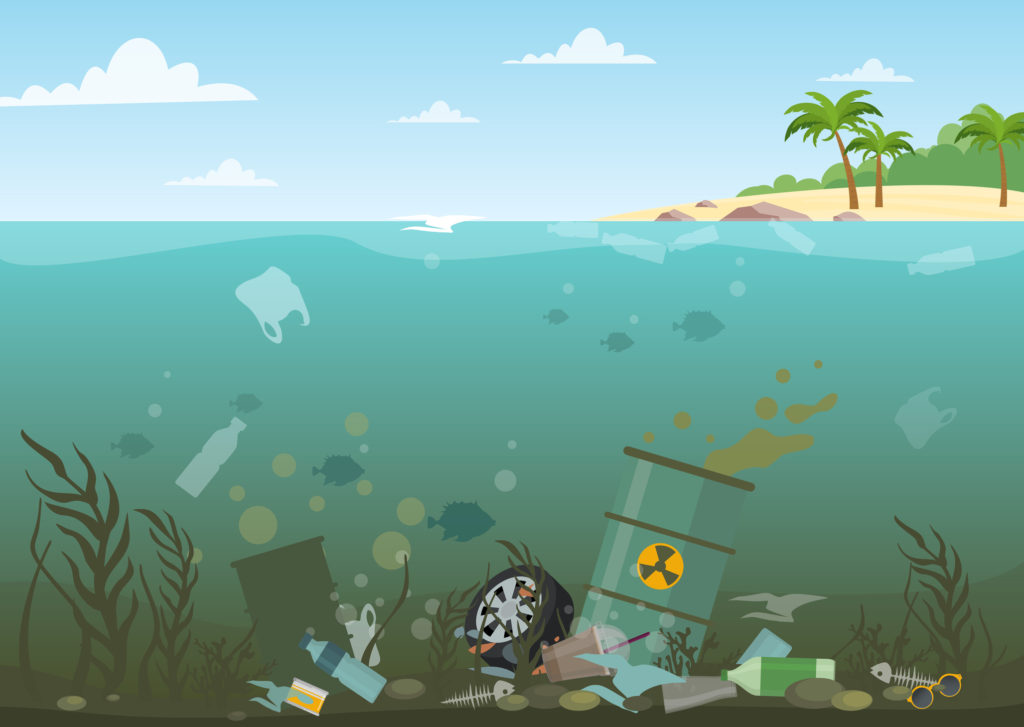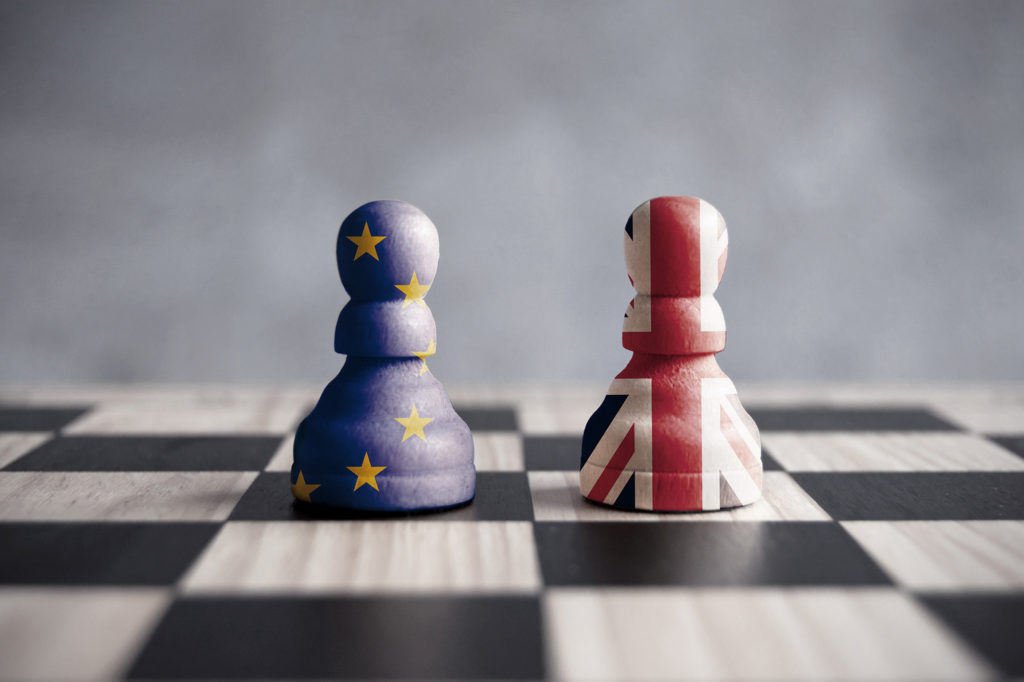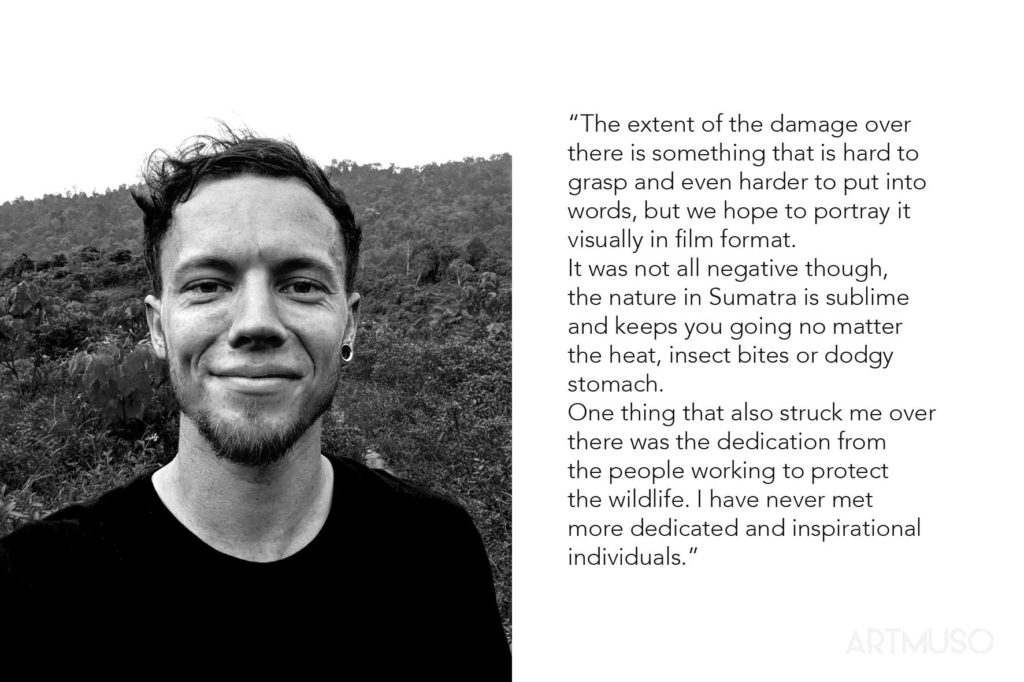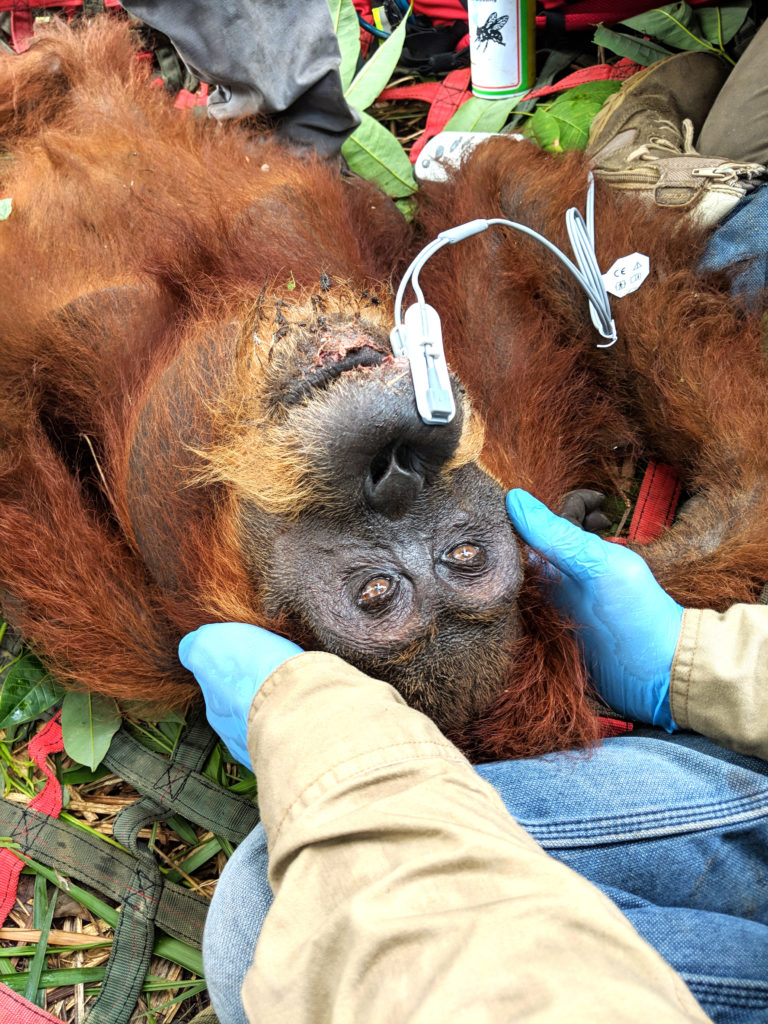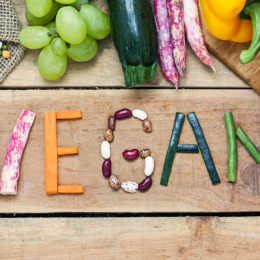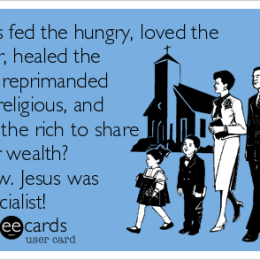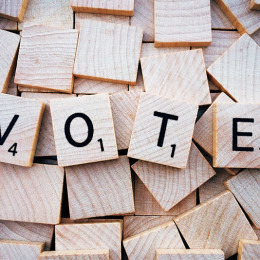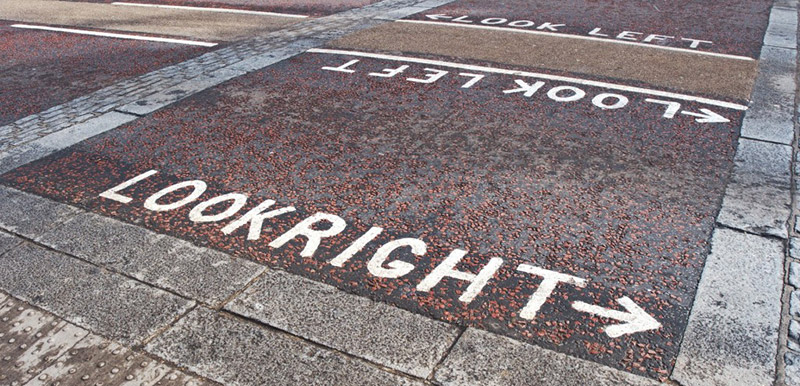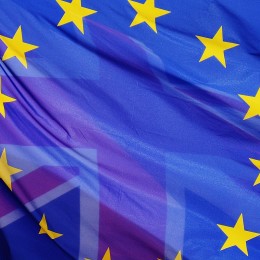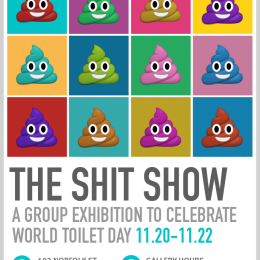12 Reasons Not To Vote For Boris Johnson
How is it possible for Boris Johnson to be so far ahead in the polls as we near the election day? What sections of society are left that he hasn’t offended or discriminated against?
Here’s a list of people that shouldn’t be anywhere near Boris Johnson and the conservatives, and why.
Christians
Boris Johnson and Tory policies are incompatible with the teachings of Jesus Christ. Jesus says: “If you have two coats and another man has none, then give him a coat.” Boris says: “If I have two coats and you have none, how much are you prepared to pay me for this spare one?”
Muslims
Boris is on record for comparing Muslims wearing the Burka to ‘letterboxes’ and the Conservative party has a recurring issue with Islamophobia.
Jews
The antisemitism in the Conservative party extends back throughout its history and would be well documented if it wasn’t for such a right-wing press. One recent example was of a Tory candidate having to step down for calling British Jews ‘brainwashed extremists’.
Ethnic minority communities
Boris doesn’t like black people. If he did, he wouldn’t call them ‘picaninnies’ or describe them as having ‘watermelon smiles’. He wrote in his own column that ‘seeing a “bunch of black kids” used to make him “turn a hair” and run away’. Boris is the embodiment of white privilege and a meritocratic society. Racist prick.
Women
While covering a Labour party conference as a journalist and commenting on the women in attendance, he wrote: “The ‘Tottymeter’ reading is higher than at any Labour Party conference in living memory,” and added: “Time and again the ‘Tottymeter’ has gone off as a young woman delegate mounts the rostrum.” While at the 2012 London Olympics as mayor, he wrote of the “magnificent” experience of watching “semi-naked women playing beach volleyball … glistening like wet otters.”
LGBTQ communities
Boris doesn’t like gays, or lesbians, or anyone in the LGBTQ community given his voting record on opposing equal gay rights and same sex marriage – he’s compared gay marriage to bestiality. He’s also referred to gay men as ‘bumboys’ just to make sure you were definitely offended.
People who use the NHS
Boris is going to screw over anyone stupid enough to not be able to afford private health insurance by selling out the NHS to the Americans. You ask American people what they think about the NHS and they’ll tell you they wish they had something similar. If the Conservatives get into power just make sure you don’t get sick.
Environmentalists
What’s the point of the Amazon rain forest if I can’t spend millions on a new yacht? Boris has voted 8 times AGAINST measures to prevent climate change.
Animal Lovers
Boris wants to kill foxes. That’s right, he wants to reverse the foxhunting ban. He’s a killer. He probably doesn’t even like kittens and puppies. Evil bastard.
Pacifists
Unlike Jeremy Corbyn (and any normal person) Boris likes bombing innocent people in faraway countries. He voted for the Iraq war four times and has voted to replace Trident with a new nuclear weapons system 5 times.
Low income households
Screw you guys. If you’re dumb enough to not go to Oxford and Cambridge or weren’t smart enough to get born into a super wealthy family, then you deserve everything you get – which will be nothing by the way.
Anyone with a moral compass
This is just a catchall for anyone that slipped through the gaps above, but who isn’t a complete arsehole. If you’re still thinking of destroying Britain by voting for Boris then there’s clearly no getting through to you. Enjoy the Armageddon.
Disclaimer:
We’re not saying ‘vote Labour’ we’re just saying vote for whoever you need to in order to keep the Tories out. They are destroying the country on the falsehood of the American dream. It will not end well.
Despite the hyperbole and right-wing propaganda, Jeremy Corbyn will not turn us all into communists. He’s also not a ‘terrorist sympathiser’ (when Corbyn had an open dialogue with the IRA the UK government were meeting them secretly). Corbyn believes in communication, not war. These myths are fabrications to stop us electing someone who will take the rich and powerful to task.
So look deep in your soul and think about whether you fall into one or more of the categories above. The only people that don’t are a handful of rich old white men – and who wants to be on their side anyway?
You can check out the voting records of Boris Johnson and of Jeremy Corbyn for yourself.
Read both and think about which person you’d rather have setting new policies in the UK.

